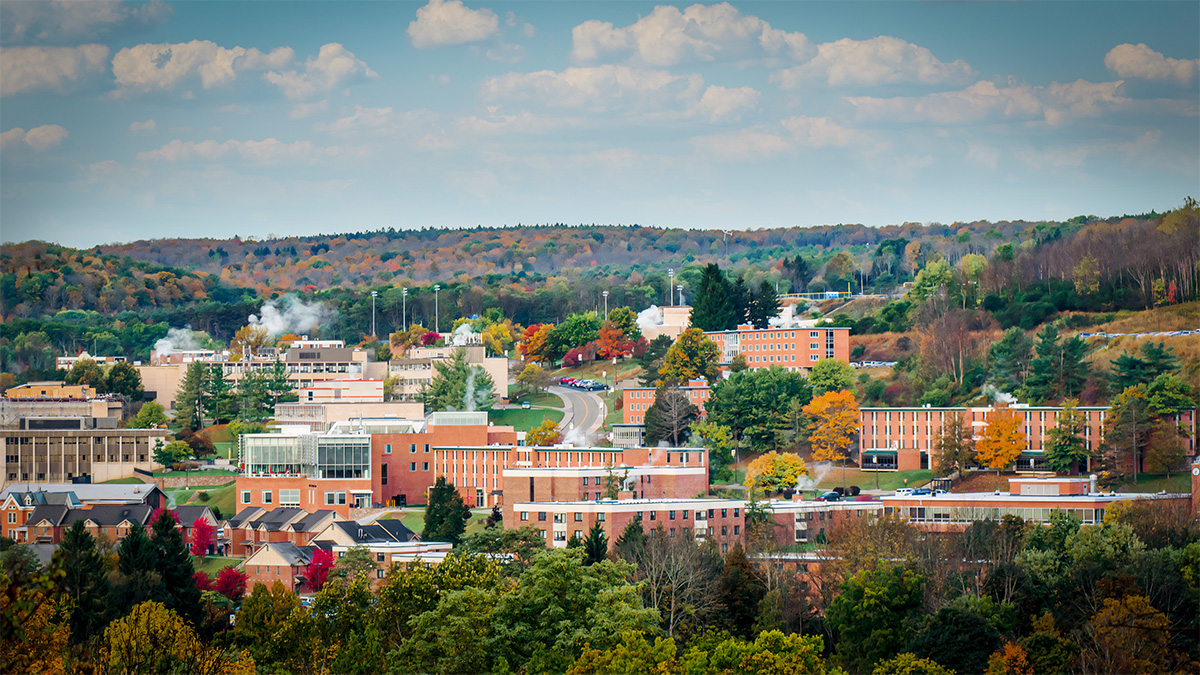
At a glance
Kellogg points out that Philip Wylie (1902-71) used the medium of science fiction to express his vision of a future world in which the environment has been permanently damaged by corporate greed and the reckless use of modern technology.

Dr. Richard Kellogg, professor emeritus of psychology at Alfred State College, is the author of an article appearing in the most recent issue of Paperback Parade, a quarterly journal for readers and book collectors published by Gryphon Books. The article is titled "Philip Wylie: Saving the Planet through Science Fiction."
Kellogg points out that Philip Wylie (1902-71) used the medium of science fiction to express his vision of a future world in which the environment has been permanently damaged by corporate greed and the reckless use of modern technology. Wylie's books remind the reader that ecosystems are very fragile and easily destroyed by the combined forces of consumer demands and the concern for maximum profits by our large corporations.
In both Los Angeles: A.D. 2017 (1971) and in The End of the Dream (1972, published posthumously), Wylie asserts that maintaining a clean and sustainable environment is far more than an issue of esthetics. It is an issue vital to the very survival of our planet. These novels contain frightening accounts of mutated microbes, lethal insects, and massive contamination of our air, soil, and water supply. Wylie even notes the impossibility of constructing containment vessels which can safely hold spent nuclear fuel. He predicts that natural disasters such as floods and earthquakes will inevitably damage such containers and that radioactive waste will then leak into the underground aqueducts of communities.
Kellogg has written extensively about the life and literary legacy of Philip Wylie. He also plays the role of the famous writer during the annual Open House which is held at the former Wylie home in Rushford during the Labor Day weekend. Philip Wylie married the daughter of the village physician in 1938 and spent his summers in Rushford from 1938 until his death in 1971. Consequently, his books contain frequent references to Rushford and other communities in the Southern Tier of New York State.
